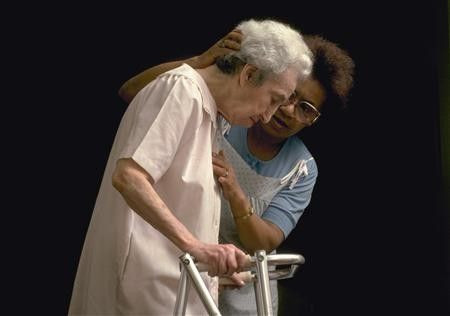Live Life Satisfied To Keep Bones Healthy

Having a positive disposition in life has been proved to be beneficial. Not only does it reduce some syndromes of early aging, it promotes good bone health in women as well. A recent study at the University of Eastern Finland states that certain psychological factors such as anxiety can contribute to progressive bone loss, better known as osteoporosis. Elderly women are usually affected by this condition in which porous bones are susceptible to fractures. There is no available cure for osteoporosis at this time, but the disease can be prevented.
Data gathered by the Kuopio Osteoporosis Risk Factor and Prevention Study (OSTPRE) was used for this research. Since 1989, the OSTPRE Study has been probing into different factors that could cause bone fractures or affect bone density. The current particular study includes 2,167 women. After 10 years, bone density of the participants were measured. In 2009, 53 percent of the women were able to come back for another assessment. Before undergoing bone density test, the participants were asked to answer four questions to gauge their satisfaction in life. They described their interests, comforts in life, happiness and displeasure. The participants were classified into three groups based on their answers. Some feel contented with how they lived, while some were not. There were also those who were neither satisfied nor displeased with life.
Generally, there was an average of four percent bone density reduction in all the participants, but there was a significant difference noticed between the women who felt contentment with their life and those who did not. Bone density deteriorated by 85 percent in women who felt dissatisfied with how they lived. Stress debts and depression can trigger unhealthy habits such as smoking and lack of exercise which are common causes of osteoporosis. Depression can also affect proper circulation and, in effect, cause reduction in bone density. Based on the findings, the study recommends promotion of life satisfaction among the elderly to promote good health. Having a bone density test is also recommended for older women who are most likely to have osteoporosis. More information about this study can be read in the journal, Psychosomatic Medicine.
To send feedback about the content, email: j.panganiban@ibtimes.com.au




















